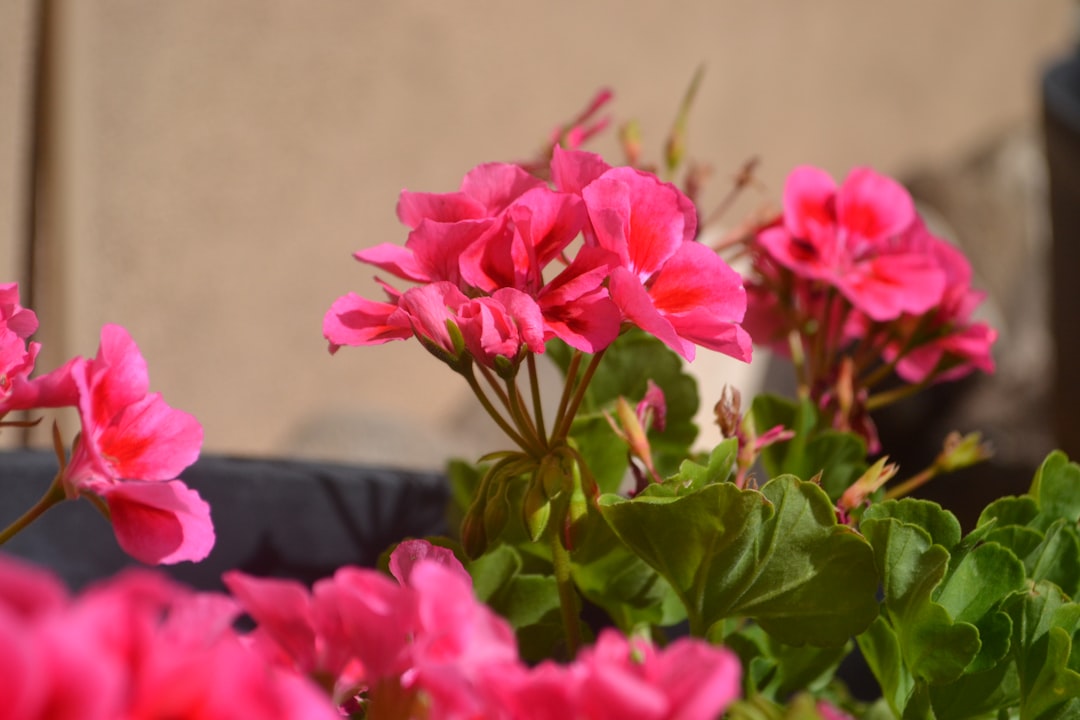
In the world of gardening, few sights are as captivating as the forsythia in full bloom. This remarkable shrub serves as a harbinger of spring, bursting forth with a vibrant display of bright yellow blooms long before its foliage emerges. Its arrival is like a golden signal, announcing the end of winter's cold grip and the beginning of a new season of growth and renewal.
Forsythia, scientifically known as Forsythia suspensa, belongs to the Oleaceae family. It is native to eastern Asia, including China, Korea, and Japan. Over time, it has been widely introduced and cultivated in many other parts of the world due to its ornamental value. The plant is named after William Forsyth, a Scottish botanist who was the head gardener at Kensington Palace in the 18th century.
One of the most striking features of forsythia is its early flowering. While most plants are still dormant, forsythia wakes up from its winter slumber and starts to produce an abundance of bright yellow flowers. These flowers are bell - shaped and grow in clusters along the branches. The vivid yellow color is not only visually appealing but also a symbol of hope and new beginnings. It can transform a dull and gray landscape into a lively and cheerful one, bringing a sense of warmth and optimism to the garden.
When it comes to cultivation, forsythia is relatively easy to grow. It prefers full sun to partial shade and well - drained soil. It can tolerate a wide range of soil types, including clay, loam, and sandy soil. Once established, forsythia is quite hardy and can withstand cold temperatures. It is also resistant to many common pests and diseases, making it a low - maintenance choice for gardeners.
Propagation of forsythia can be done through several methods. One of the most common ways is by taking softwood or hardwood cuttings. Softwood cuttings are taken in the spring or early summer, while hardwood cuttings are taken in the late fall or winter. Another method is by layering, where a low - growing branch is bent down to the ground and covered with soil. Roots will develop at the point where the branch touches the soil, and a new plant can be separated from the parent plant after a few months.
In the garden, forsythia can be used in various ways. It can be planted as a specimen shrub, standing alone as a focal point in the landscape. It also works well as a hedge or a border plant. When planted in a row, forsythia can create a beautiful and colorful barrier. Additionally, forsythia can be pruned into different shapes, such as a rounded form or a more formal hedge, depending on the gardener's preference.
However, proper pruning is essential for the health and appearance of forsythia. Pruning should be done immediately after flowering, as forsythia blooms on old wood. If pruning is done too late in the season, it may remove the flower buds for the next year. Regular pruning helps to maintain the shape of the plant, promotes new growth, and increases the number of flowers. Dead or diseased branches should also be removed to keep the plant healthy.
Beyond its aesthetic value, forsythia also has some medicinal properties. In traditional Chinese medicine, the fruit and bark of forsythia have been used for centuries to treat various ailments, such as fever, inflammation, and sore throat. Modern research has also shown that forsythia contains bioactive compounds with antibacterial, antiviral, and antioxidant properties.
In conclusion, forsythia is a truly remarkable shrub. Its early and vibrant blooms make it a favorite among gardeners, and its ease of cultivation and multiple uses in the garden add to its appeal. Whether you are a novice gardener or an experienced horticulturist, forsythia is a plant that can bring joy and beauty to your garden year after year. As the golden flowers of forsythia light up the landscape in early spring, they remind us of the cycle of life and the promise of a new season.
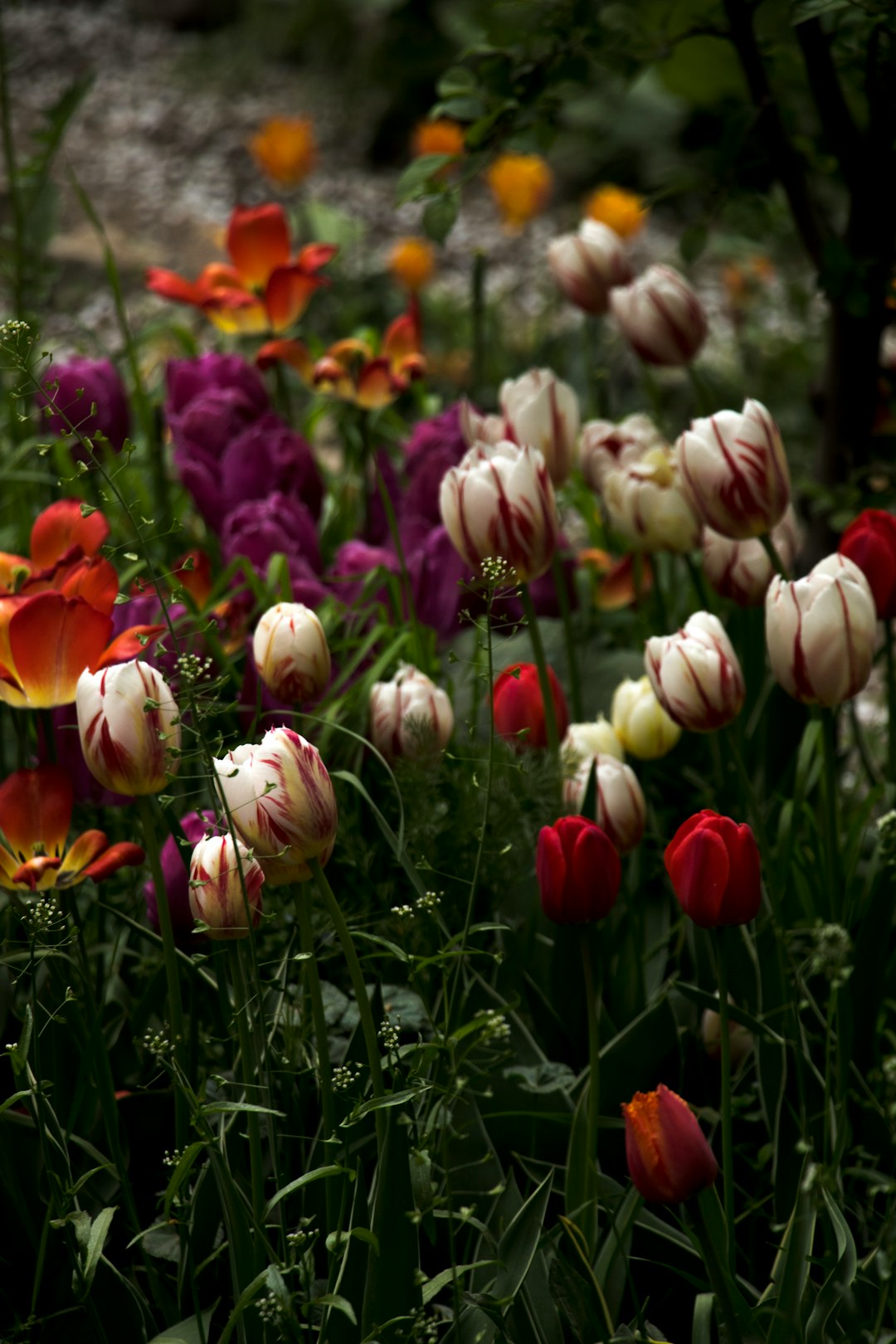
Unleashing the Floral Magic of Snowball Hydrangeas
Unleashing the Floral Magic of Snowball Hydrangeas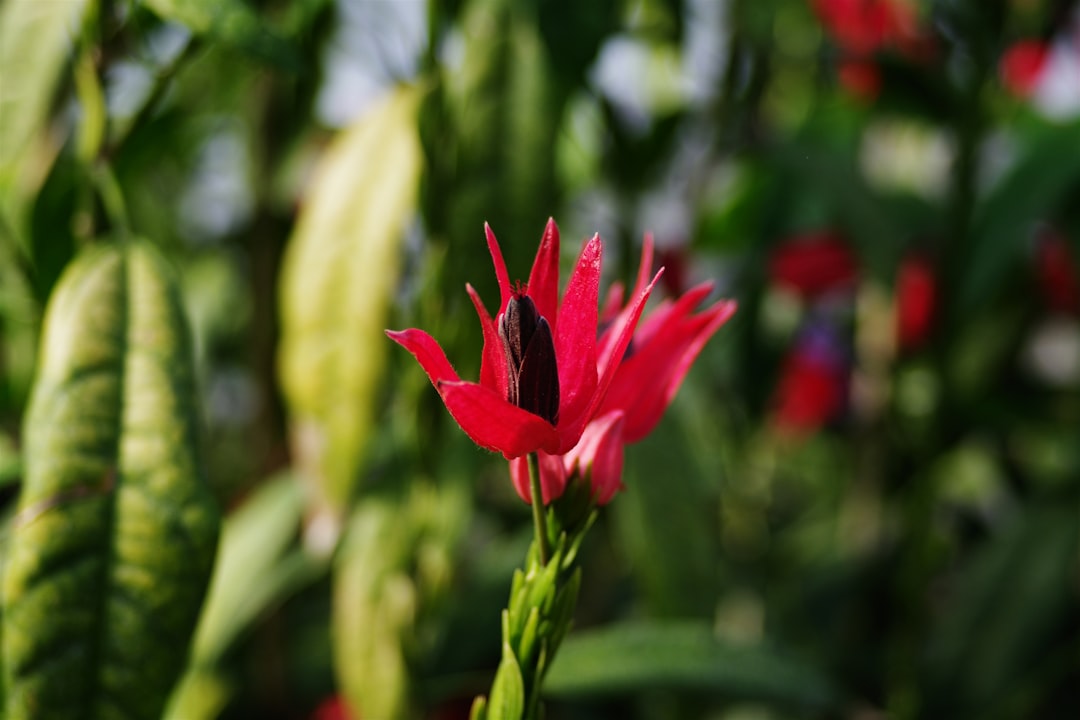
Unveiling the Secrets of Cultivating Carolina Allspice
Unveiling the Secrets of Cultivating Carolina Allspice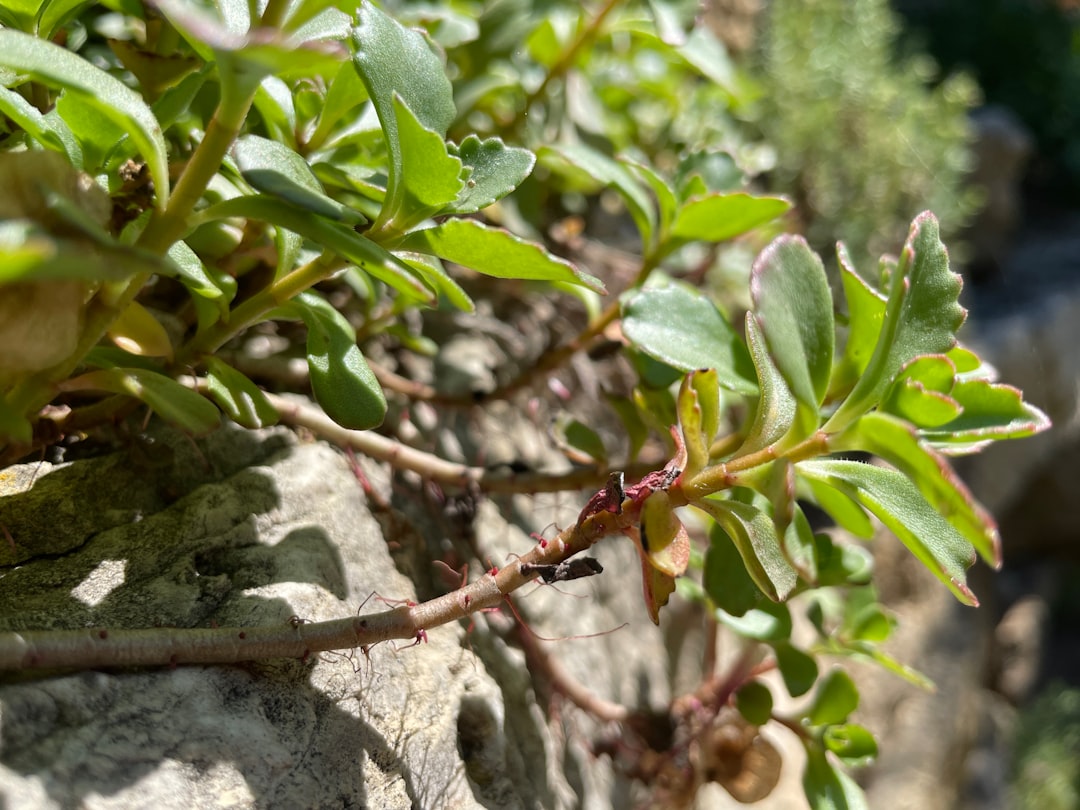
The Art of Planting Bare Root Trees: A Comprehensive Guide
The Art of Planting Bare Root Trees: A Comprehensive Guide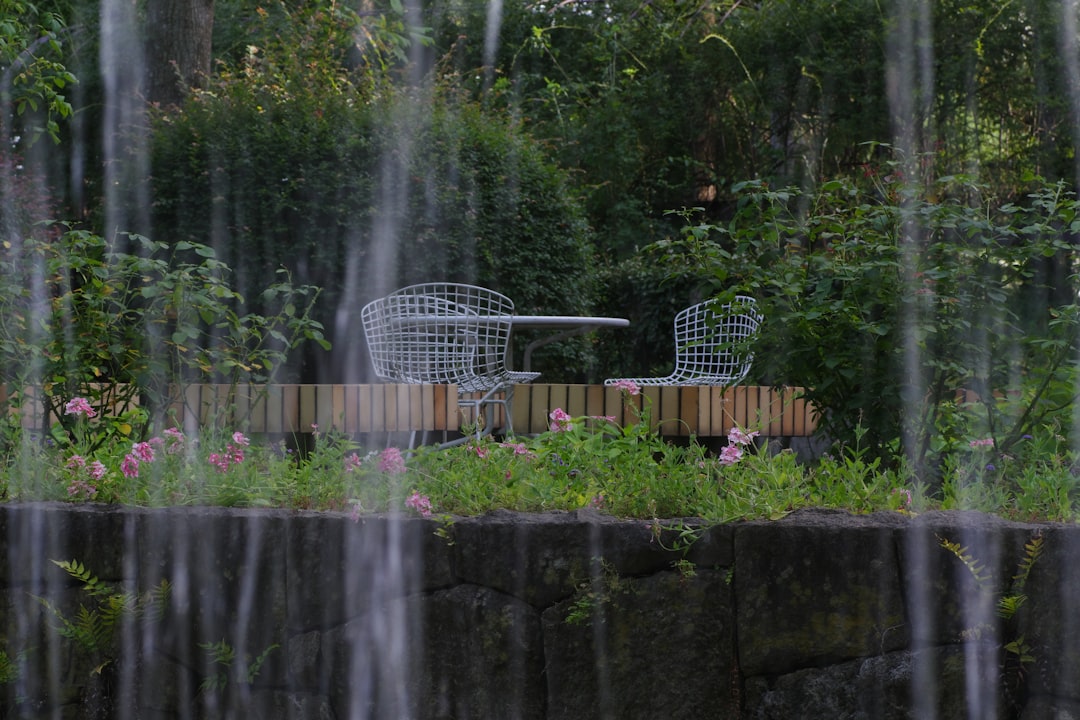
The Enchanting Allure of White - Flowered Trees for Your Front Yard
The Enchanting Allure of White - Flowered Trees for Your Front Yard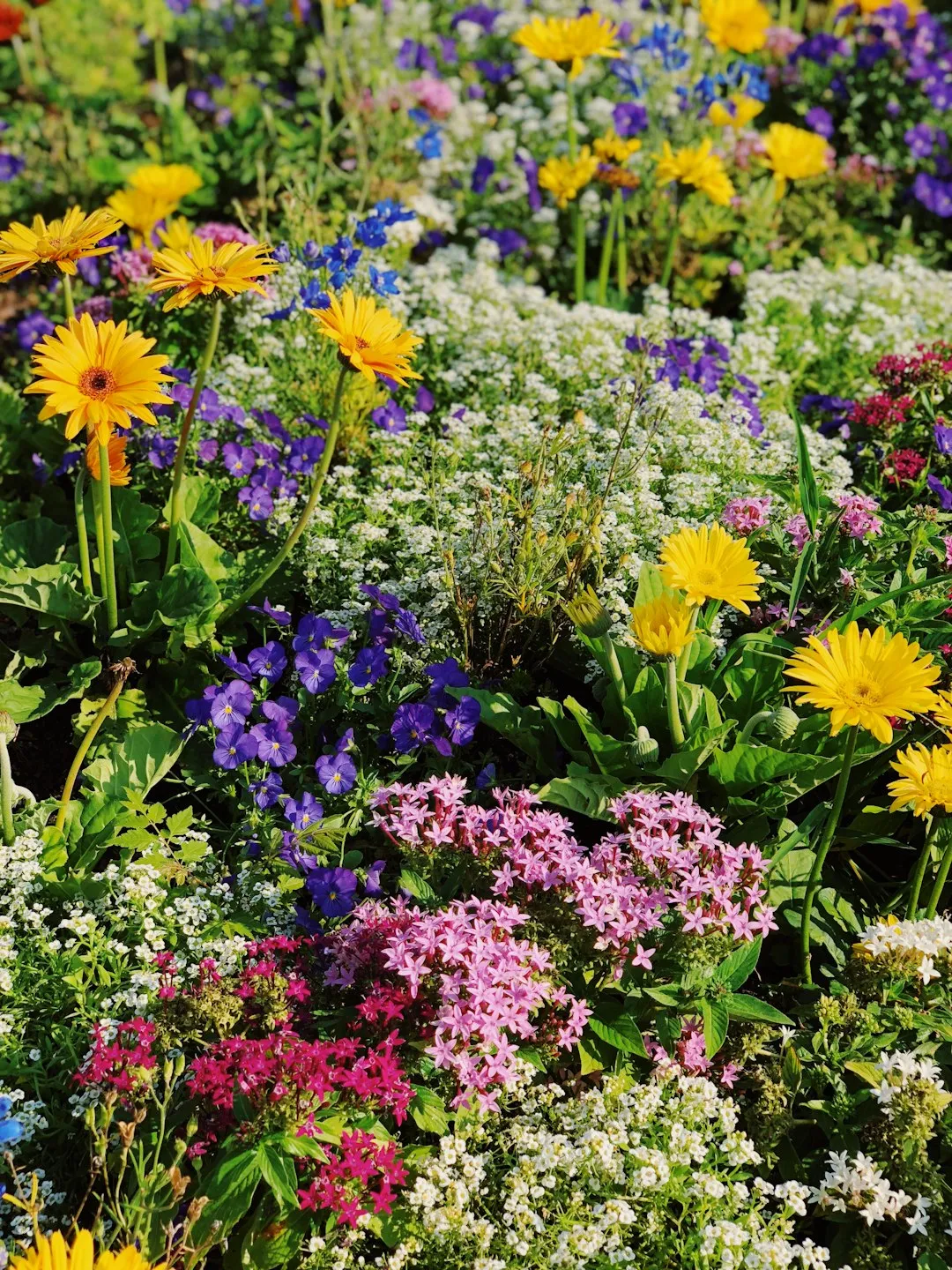
Transform Your Home with Succulent Wall Art from an Old Picture Frame
Transform Your Home with Succulent Wall Art from an Old Picture Frame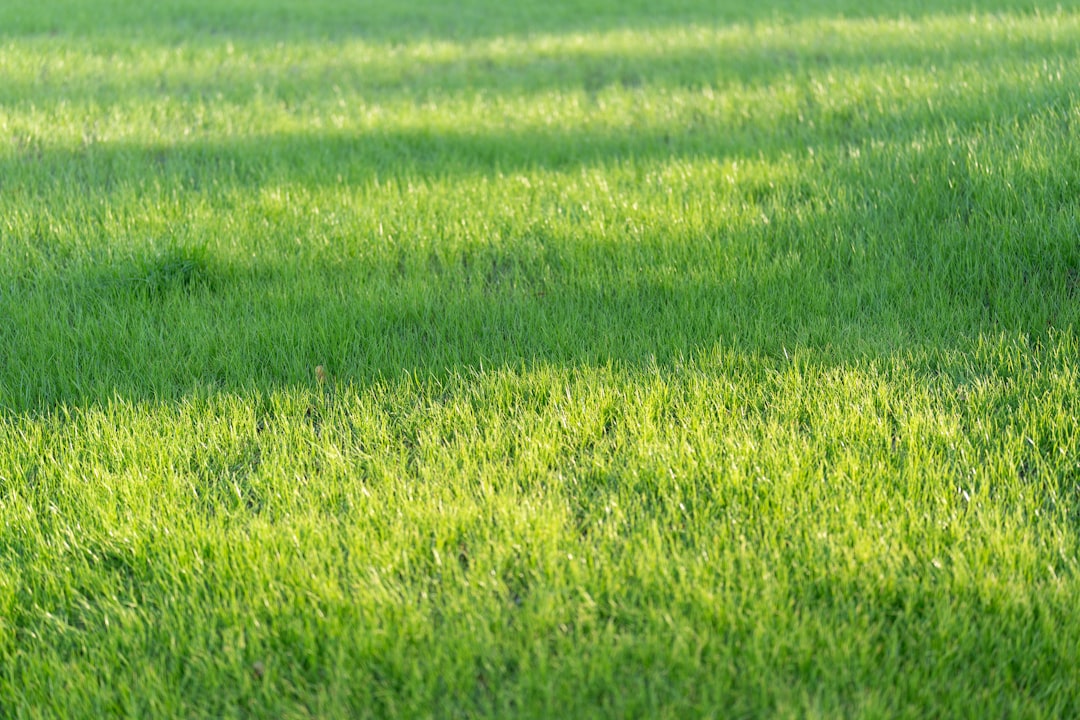
Transforming Broken Pots into Enchanting Fairy Gardens
Transforming Broken Pots into Enchanting Fairy Gardens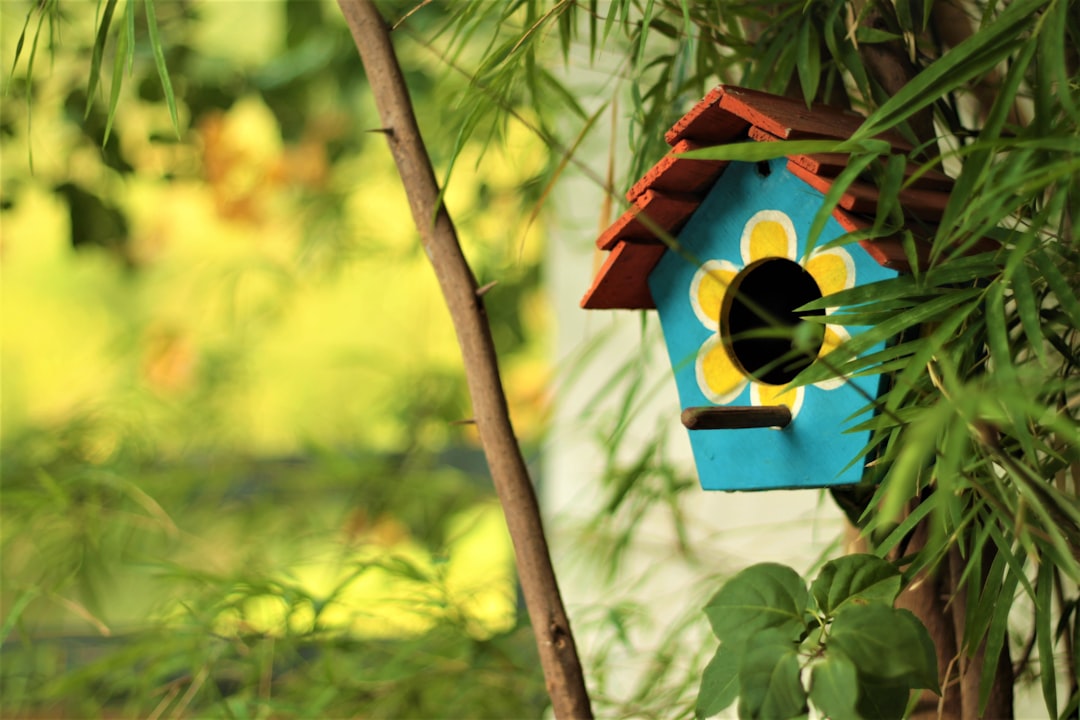
Unleash the Beauty of Dahlias in Pots This Summer
Unleash the Beauty of Dahlias in Pots This Summer
Transform Your Shady Yard with Caladium Container Magic
Transform Your Shady Yard with Caladium Container Magic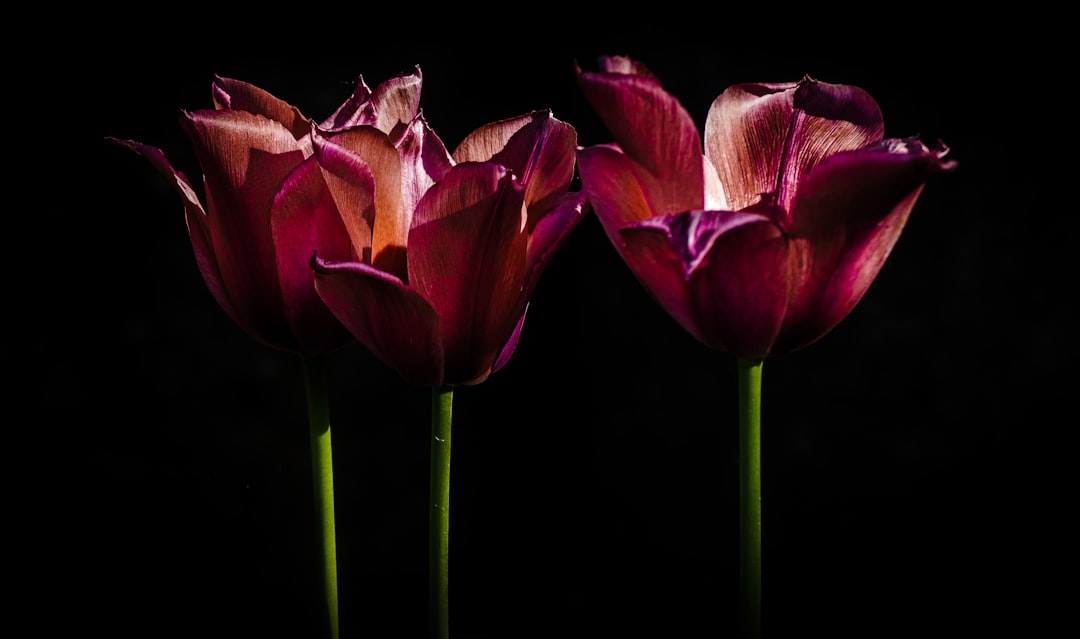
Unleash Your Creativity with DIY Concrete Planters
Unleash Your Creativity with DIY Concrete Planters
The Secret to Thriving Jade Plants: Minimal Effort, Maximum Results
The Secret to Thriving Jade Plants: Minimal Effort, Maximum Results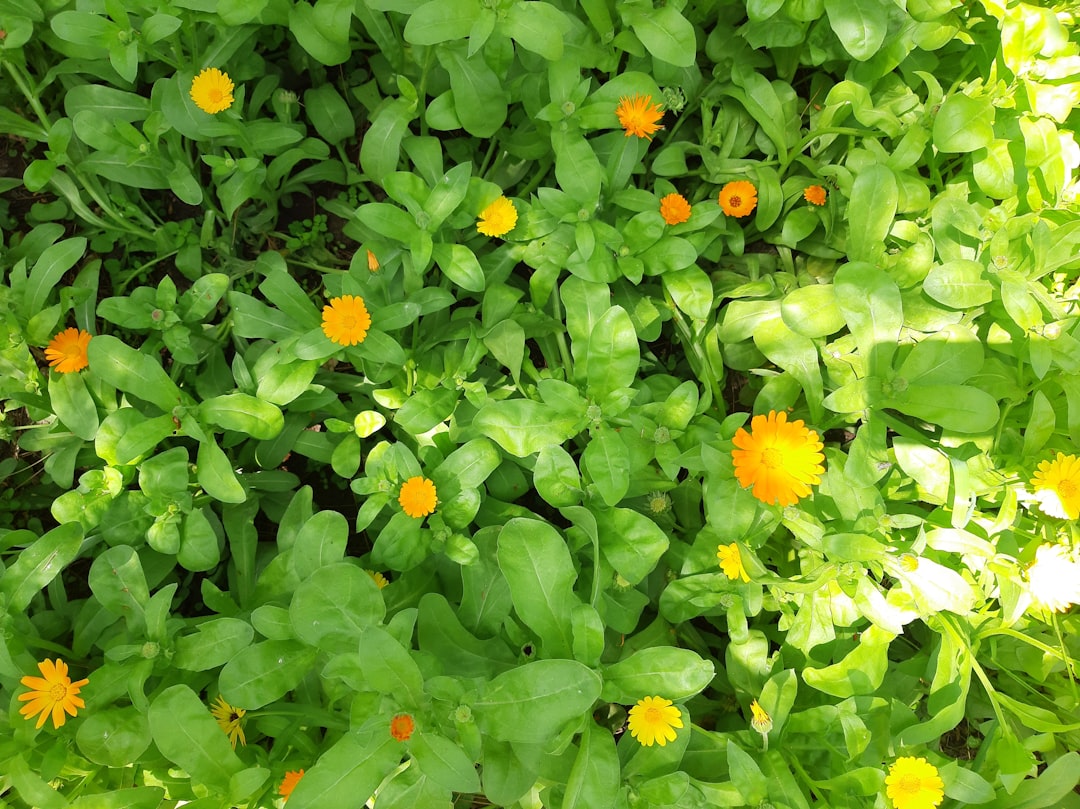
Unveiling the Secrets of Thriving Houseplants: A Two - Month Journey
Unveiling the Secrets of Thriving Houseplants: A Two - Month Journey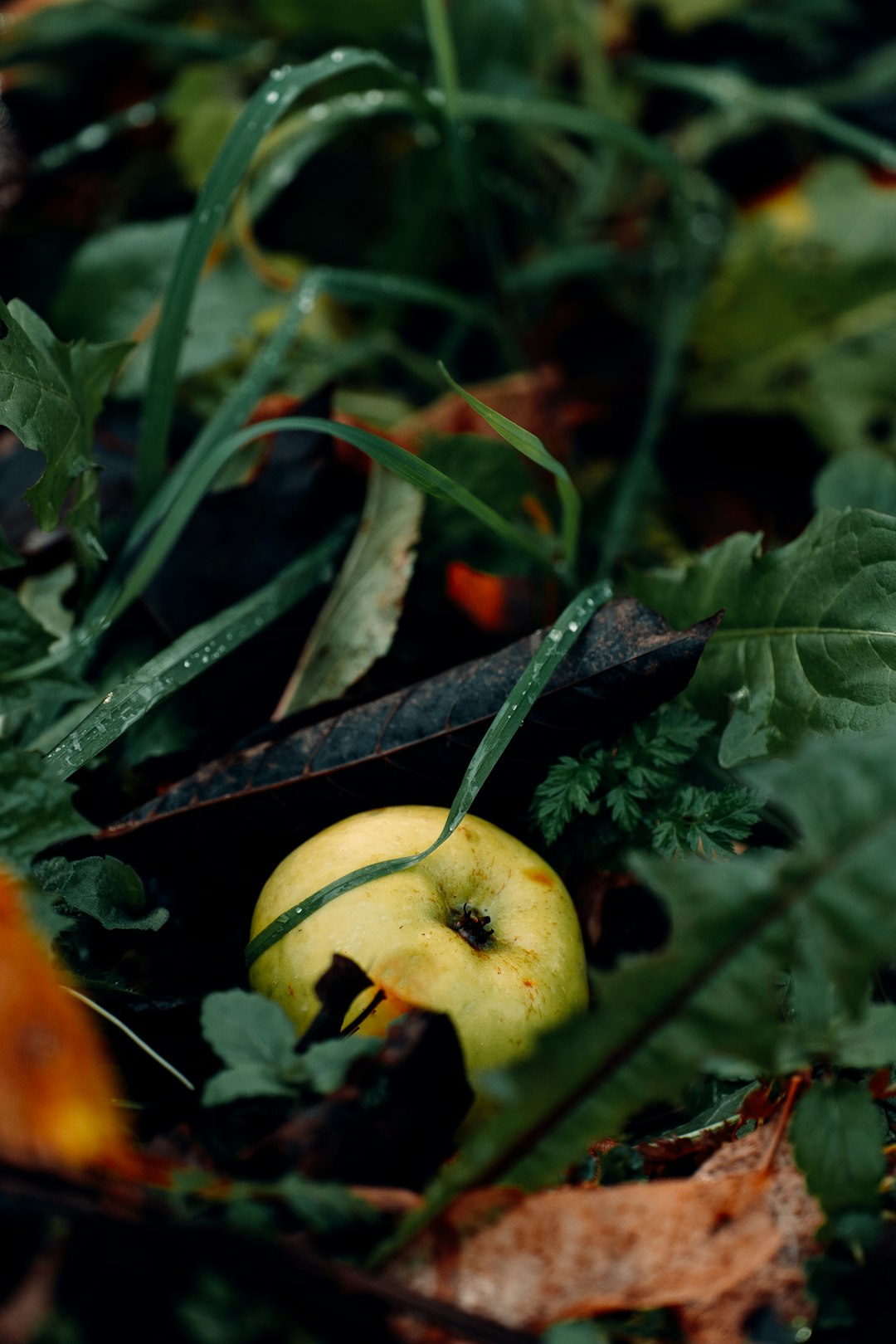
The Ideal Starter Plant for Your Indoor Oasis
The Ideal Starter Plant for Your Indoor Oasis
Transform Tiny Outdoor Spaces with a DIY Container Pond
Transform Tiny Outdoor Spaces with a DIY Container Pond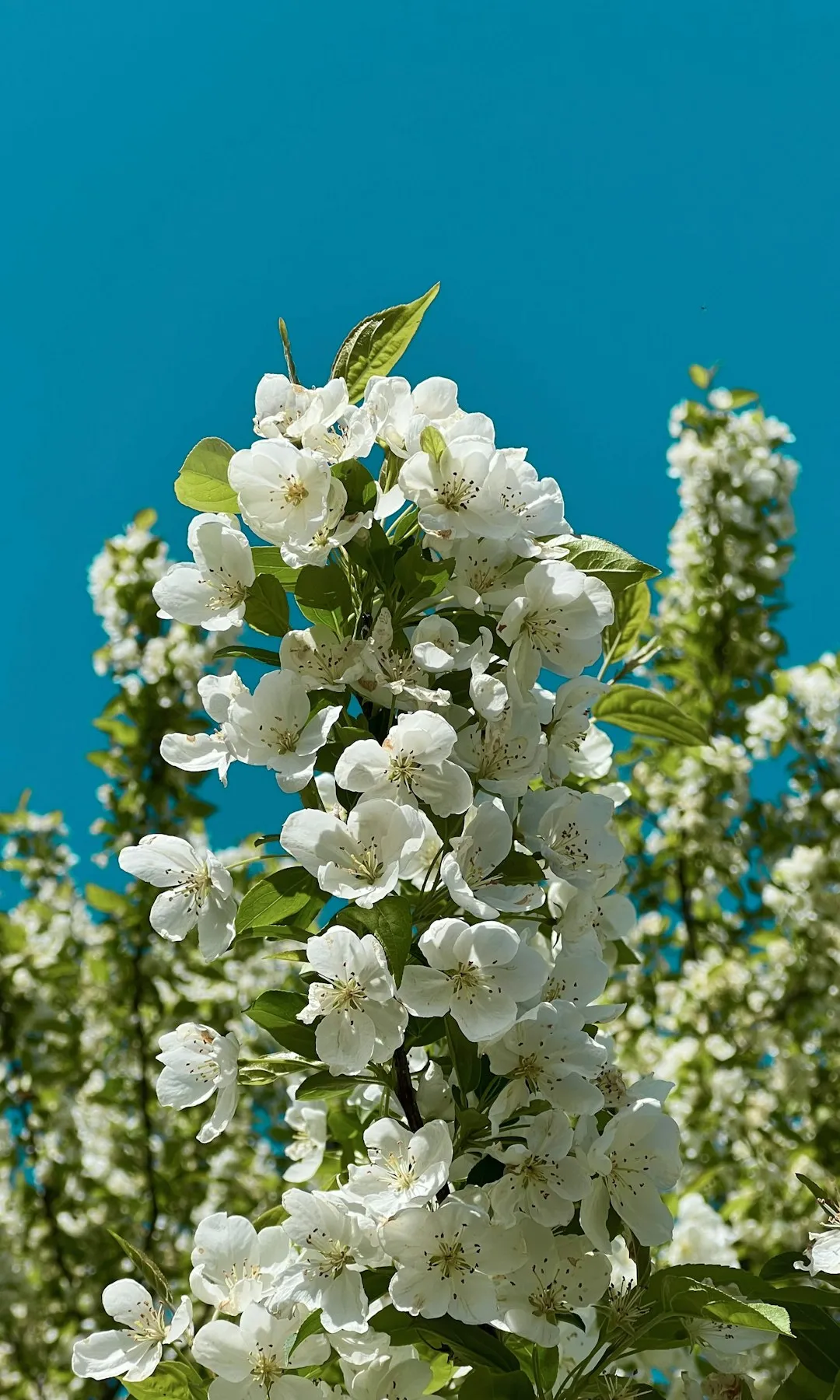
The Gravel Guide: Avoiding Common Pitfalls in Landscape Design
The Gravel Guide: Avoiding Common Pitfalls in Landscape Design
Summer's Floral Magic: Transforming Your Garden
Summer's Floral Magic: Transforming Your Garden
Transform Your Mailbox into a Garden Gem
Transform Your Mailbox into a Garden Gem
Transform Your Backyard with a Storm - Catching Oasis
Transform Your Backyard with a Storm - Catching Oasis
The Surprising Truth About Weed - Control in Vegetable Gardens
The Surprising Truth About Weed - Control in Vegetable Gardens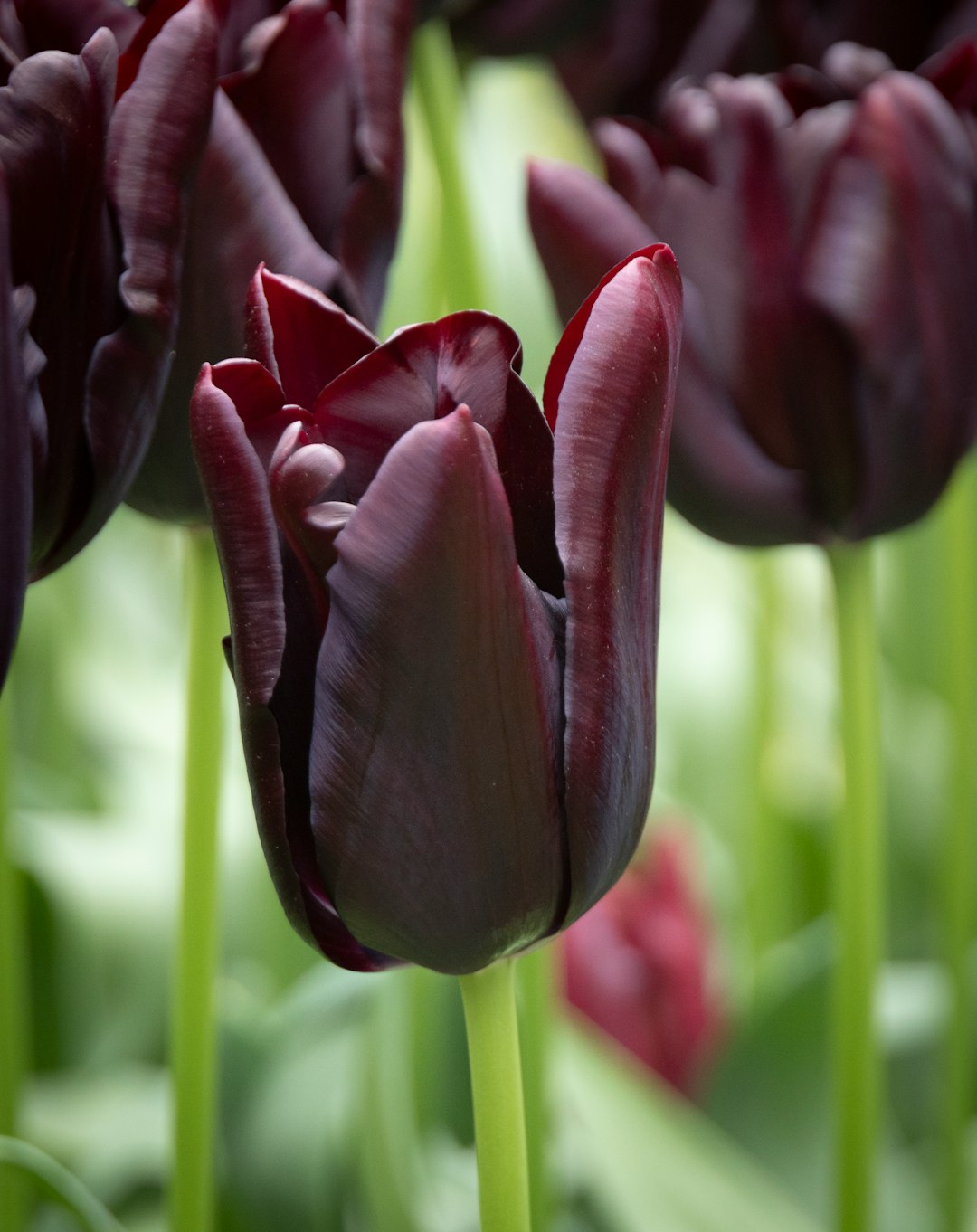
Conquer Your Garden's Invaders: Expert Solutions
Conquer Your Garden's Invaders: Expert Solutions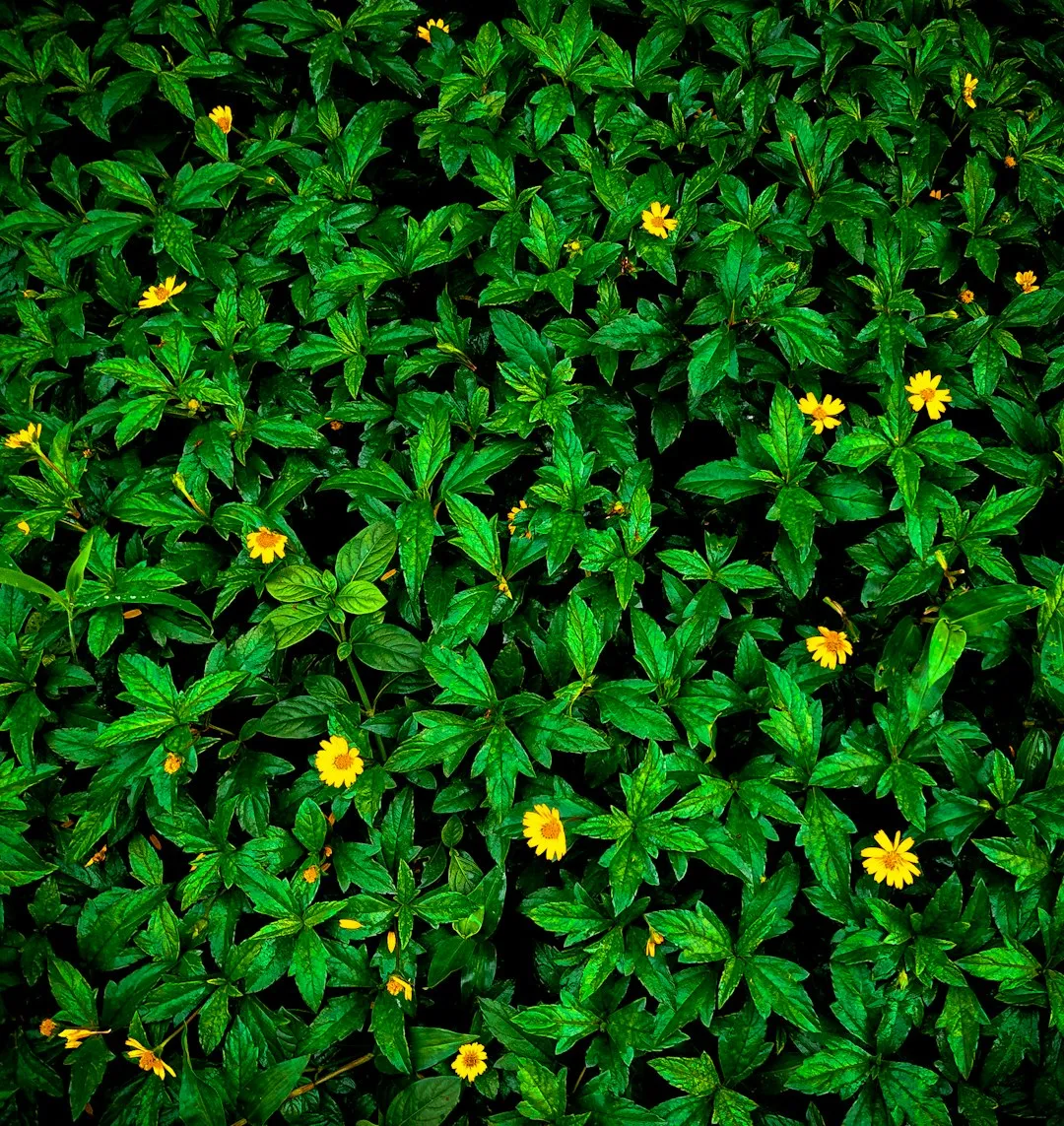
Reviving Your Hibiscus: Solving the Mystery of Yellow Leaves
Reviving Your Hibiscus: Solving the Mystery of Yellow Leaves